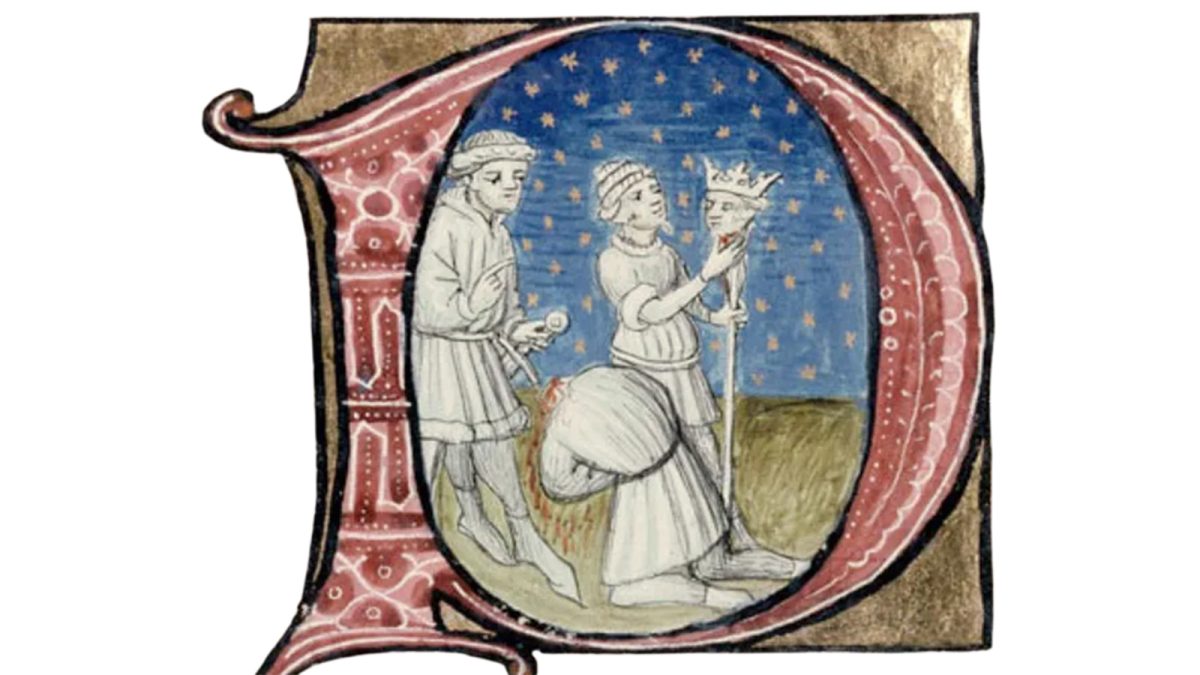Conflicto, rebelión y revuelta social en la Baja Edad Media. Las Coronas de Aragón y Castilla (siglos XIII-XV) (CORE) is a joint research group now affiliated to the Noblesse Oblige? project.
It is comprised by two projects:
El Estado dividido. Contestación, conflicto y revuelta social en la Corona de Aragón (siglos XIII-XV). Una perspectiva comparada (PID2021-123286NB-C21)
P.I.: Mario Lafuente Gómez and Carlos Laliena Corbera
Members: 23
Enfrentarse al rey: rebeliones, estado y cultura de la política en Castilla desde una perspectiva comparada (siglos XIII-XV) (PID2021-123286NB-C22)
P.I.: Fernando Arias Guillén
Members: 8
CORE
CORE, led by Mario Lafuente Gómez (Universidad de Zaragoza), Carlos Laliena Corbera (Universidad de Zaragoza) and Fernando Arias Guillén (Universidad de Valladolid), brings together more than 30 researchers from Spain, Portugal, France, Italy, and the United Kingdom.
Its main goals are:
1. Examine the main rebellions, revolts, and conflicts in the Crowns of Aragon and Castile between the 13th and the 15th centuries
It will discuss the motivations behind these conflicts, the responses by royal (or seigneurial) power to these challenges to their authority, and how these rebellions and revolts shaped the expansion of the (regnal) State.
2. Analyse the politization of the nobles, towns’ elites, and ‘popular’ classes in Aragon and Castile during the Late Middle Ages
It will dissect the arguments used by rebels to justify their actions, the different ways they expressed their dissent (informal, legal-institutional, violence and war), and the documents they generated. Likewise, it will explore the importance of political communication by evaluating the instruments and avenues used to transmit ideas in support of or against the government. Finally, this study of the ‘political culture’ of the period will examine these groups’ ideas regarding ‘Common Good’ and ‘Good Government’ and how they influenced the rebels’ actions.
3. Explore the role played by women during these conflicts
This research project will study ideas of gender and the role played by women in the context of rebellions and revolts. Consequently, it will analyse topics such as the importance of women in weaving political alliances, sponsoring cultural works which influenced their contemporaries’ views on power, and their direct participation in these conflicts, mostly as mediators.
4. Offer a comparative perspective of the Crowns of Aragon and Castile
First, most of these conflicts were of a trans-regnal nature, involving political actors from different kingdoms. Moreover, this comparative framework will allow to examine each kingdom’s particularities and whether they were the result of these rebellions, revolts, etc. or not.
We welcome their research collaboration with the Noblesse Oblige? Network, and look forward to their future events, which will also be posted here. Visit their website or contact us for more information.

